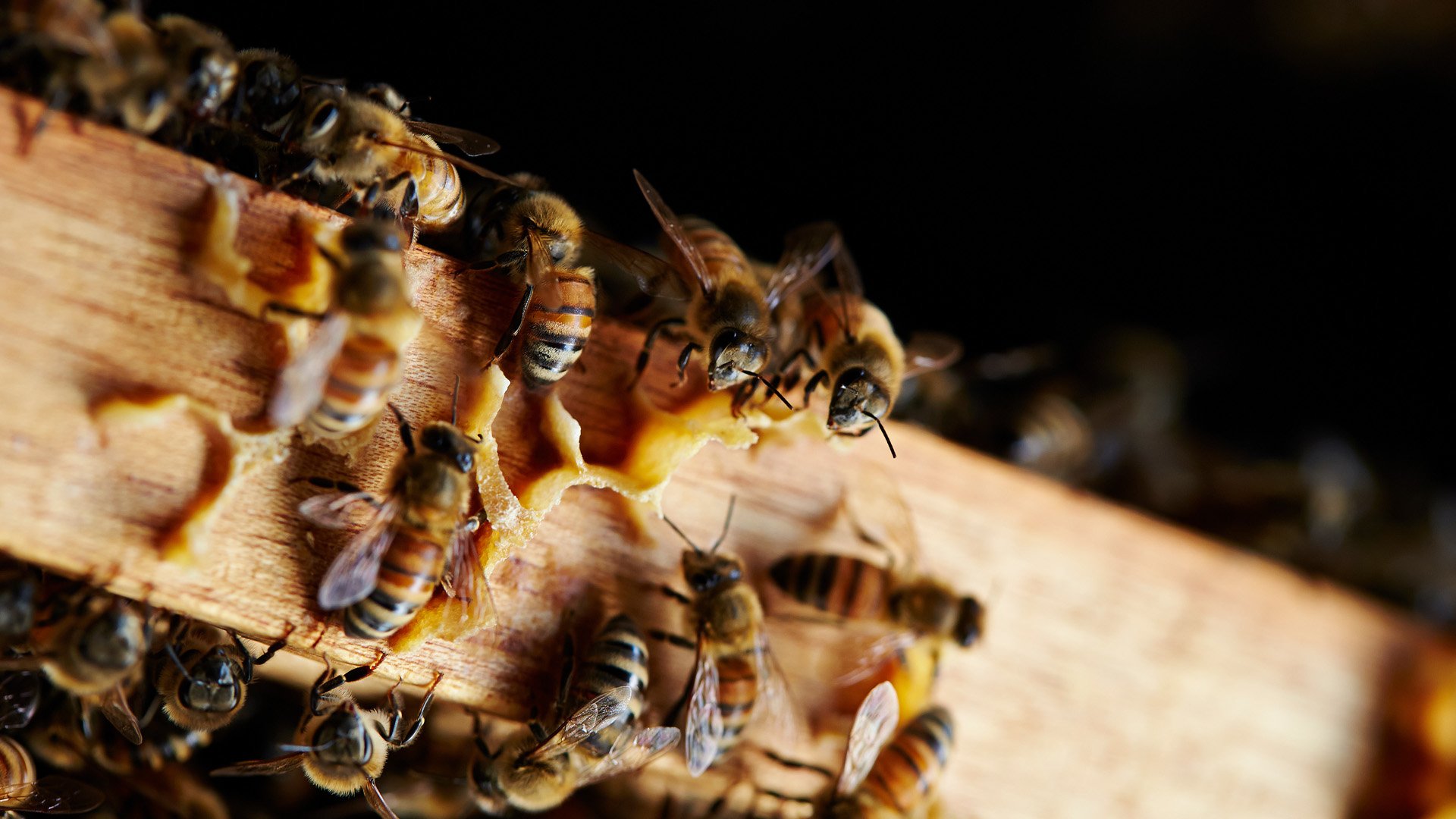
Revival of
Caucasian Honey Bees
The Revival of Caucasian Honey Bees
In recent years, efforts have been made to reintroduce and re-establish the Caucasian bee in the United States. One notable initiative is led by Washington State University (WSU) in Pullman, which has focused on importing Caucasian bee semen to enhance the genetic diversity of honey bee populations in the country.
The WSU Honey Bee and Pollinator Research Facility, under the guidance of Dr. Steve Sheppard, a renowned entomologist, has been at the forefront of this initiative. Recognizing the potential benefits of diversifying honey bee genetics, the team at WSU began importing semen from various honey bee subspecies, including Caucasian bees, in the early 2010s.
The imported semen was used to inseminate queen bees, resulting in the successful rearing of Caucasian bee colonies in the United States. Through these efforts, the WSU team has reintroduced and revitalized the Caucasian bee population, contributing to the overall genetic diversity of honey bees in the country.
Influence on the Caucasian Bees in the United States
WSU's semen importation initiative has had a significant impact on the Caucasian bee population in the United States. By reintroducing the subspecies and re-establishing their presence in the country, the initiative has brought attention back to the valuable traits of Caucasian bees, such as their cold-hardiness, gentle nature, and honey production capabilities.
Furthermore, the genetic diversity introduced by WSU's efforts is believed to strengthen honey bee populations, making them more resilient to environmental stressors and diseases. As a result, the renewed interest in Caucasian bees has the potential to contribute to the overall health and sustainability of beekeeping and honey production in the United States.
In addition to revitalizing the Caucasian bee population, WSU's initiative has also contributed to advancements in honey bee research and breeding programs. Through collaborations with local beekeepers and international partners, WSU has facilitated the exchange of knowledge and best practices for managing and maintaining healthy honey bee populations. Ultimately, the resurgence of Caucasian bees in the United States, thanks in part to WSU's semen importation initiative, has brought new opportunities for beekeepers and researchers alike to explore the potential benefits of this unique subspecies.